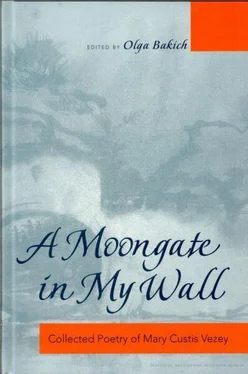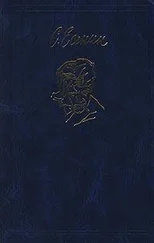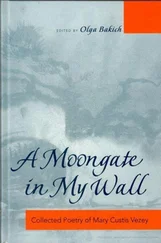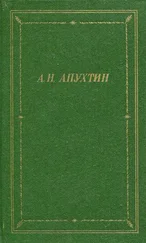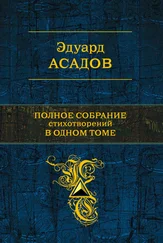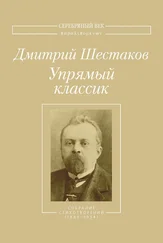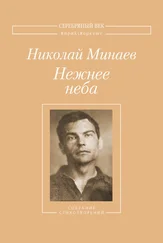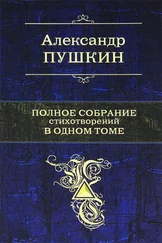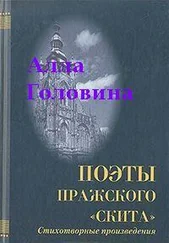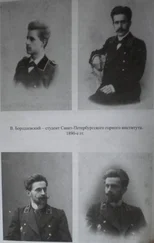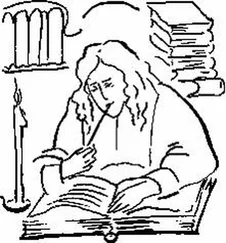Налой: a colloquial obsolete form of «аналой».
With a notation in the manuscript: «NB. This is the title of a book published in 1977, either in Canada or USA, надо было бы это как-то «отметить», «n'est pas?» The title is taken from the novel of a contemporary Canadian writer Margaret Craven I Heard the Owl Cal My Name, Toronto, 1967. According to an ancient Indian belief, an owl calls the name of a person about to die.
For Галя (Иванова) Горохова see note on poem 17.
Published in the almanac Pcrekrestki (Philadelphia), no. 5, 1981, p. 37. Козельск: the city of Kozel'sk, Kaluga Region; many of its ancient churches built in the 17th-19th centuries were destroyed after the Russian revolution. Оптина Пустыня: Optina-Vvedenskaia-Makarieva Hermitage with Optina-Troitskii Monastery nearby, founded in the 15th century.
Published in the almanac Perekrestki (Philadelphia), no. 5, 1981, p. 38.
With a notation in the manuscript: «Первый набросок — to work on».
With a notation in the manuscript: «Отрывки и начала».
Variant in the last line in the manuscript: «об исчезнувших вдаль неделях…».
Западные горы: the Western Hills, mountains in the vicinity of Beijing. Тан-чжэ-сы: see note on poem 276.
With a notation in the manuscript: «Отрывки и начала».
Variant in last stanza in the manuscript: «Небесные не дремлют также силы./Пусть люди говорят: «Не дремлет порог». / Я осенила знаменьем креста / И тех, что милы нам и что не милы.»
With a notation in the manuscript: «Это о мексиканцах».
Published in the almanac Vstrechi (Philadelphia), 1985, p. 79.
Published in the almanac Vstrechi (Philadelphia), 1985, p. 79. Саранки was a local Russian name for the wild tiger lilies that grow in the hills of North-F.ast China.
Two other manuscripts of this poem are dated 11 September 1985 and 19 November 1986. One has the notation: «Для Тани Здоренко.» Г. Здоренко: Tat'iana Zdorenko, nee Chernosvitova, wife of Pavel Zdorenko, a graduate of the Harbin Commercial Schools.
Гаолян: gaoliang (Chinese), sorghum. Желтая река: the Muanghe River
Published in the almanac Vstrechi (Philadelphia), 1988, p. 101
Published in the almanac Vstrechi (Philadelphia), 1988, p. 102.
Published in the almanac Vstrechi (Philadelphia), 1988, p. 103.
Variant in (he last lines in the manuscript: «Зато всегда / пока еще живу, / я помню и люблю Неву.»
Variant in the third line of the last stanza in the manuscript: «Нередко солнце мимоходом.»
Св. Николаевский собор: St. Nicholas cathedral in Harbin, built in the center of the administrative part of the city in 1899–1901, during the construction of the Chinese Eastern Railway. It was completely destroyed in August 1966 during the Cultural Revolution in China.
Frances Johnson was a classmate at the North China American School in Tongzhou. Rupert Brooke (1887–1915), an English poet, died during the First World War; The Collected Works of Rupert Brooke was published posthumously in 1915.
Published in NCA 19 22 the student annual of the Noilh China American School in Tongzhou. The stink-bug is a grayish-brown beetle in Сhina, which emits a very unpleasant smell when squashed.
Variant in the fourth line of the first stanza in the manuscript: «and hill and meadows from my solitudes.» The manuscript indicates that Mary Vezey planned to include another stanza between the first and the second stanzas; only one line was written in brackets: «In our tall forests we had stately firs.»
The Norma Jean to whom this poem is dedicated has not been identified; perhaps it was Marilyn Monroe, whose real name was Norma Jeane Morrison.
Variant in the last stanza in the manuscript: «But in her tower / high-walled, / the knight's young daughter /enthralled /forgetful of the hour/ silently watches/ the silver splotches / upon the water.»
Po Chii-i: Bo Juyi in contemporary transcription (772–846), a Chinese poet of the Tang dynasty
Variant in the third line of the fourth stanza in the manuscript: «cry loudly.»
English variant of the Russian poem «Жена Лота»; see poem 377.
Kwan-Yin: Guanyin in contemporary transcription, the Chinese goddess of mercy, literally «the one who listens to sounds», i.e., to requests and supplications.
Moika Street is in St. Petersburg. Variants in the manuscript: in the second line «an oldster — he had loads of books», in the third line «and knew so many people. Yet», and in the eighth line «We'd grasp each other just like that».
Por V.V. see nole on poem 54. Variants in (he manuscript: in the first line of (he first stanza «You turned from the road and w ent away. I said goodbye to you, but that was for now"; in the first line of the third stanza «Or on some bridge as I cross a golden strait"; in the fourth and fifth lines of the third stanza «I will suddenly see / a glimpse of your face rushing toward me». Temple of Horrors: a temple in Shanghai. Corraterie: see note on poem 393.
Viipuri: also known as Vyborg, a city and port in the Gulf of Finland, the «eastern capital» of Finland, seized by the Soviet Union in 1940.
Variant in the last, line of the second stanza in the manuscript: «that we reach out to grasp».
With notation on the manuscript of the cycle «My China»: «Some time years ago, probably in the 60s.»
Yalu: a river.
With a notation in the manuscript: «kai-meng-de' is Chinese for 'gatekeeper.»
Variant in the second line of the last stanza in the manuscript: «swiftly dividing the rushes with the sharp prow of your boat.» Sun-Hwa-kiang: Songhuajiang in the contemporary transcription, the Sungari River; see note on poem 327.
For the Western Hills see note on poem 471. «Have you had your rice?» i.e., «Have you eaten?» is a traditional polite enquiry in China.
For Po Chu — yi see note on poem 527. The epigraph is taken from Bo Juyi's poem «Night Stop at Rongyang».
Читать дальше
